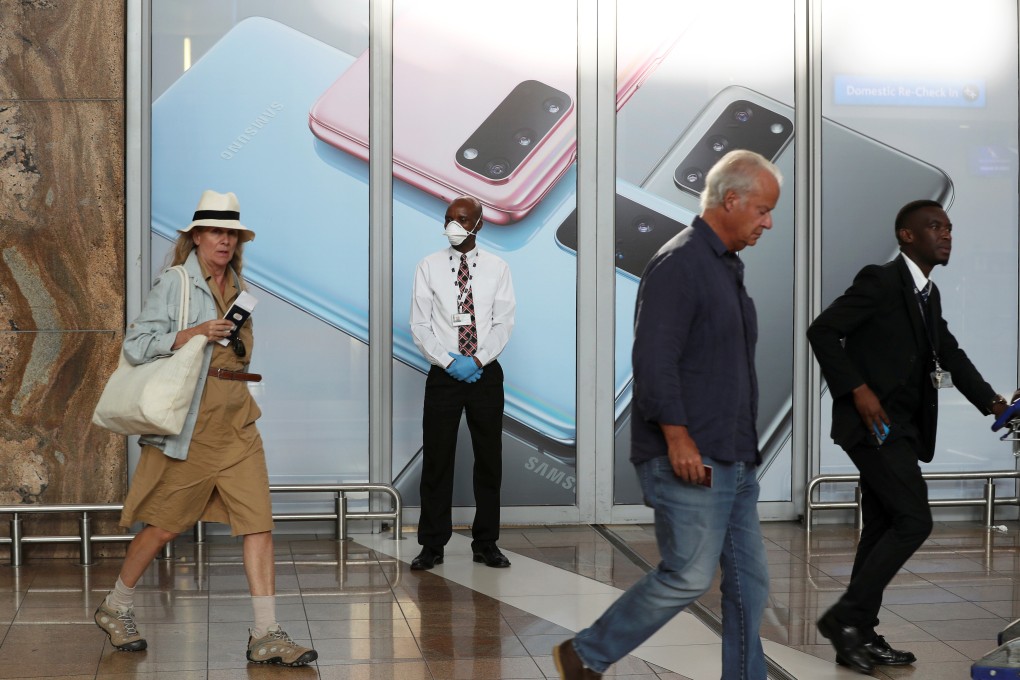Coronavirus: Africa has few cases so far but ‘it’s just a matter of time’ before major outbreak
- Most African countries do not have facilities to test for the virus, let alone treat it
- Africa has major trade and travel connections with China and Italy, the countries hit hardest by the coronavirus outbreak

This story is part of an ongoing series on global issues jointly produced by the South China Morning Post and POLITICO, with reporting from Asia, Africa and the United States.
But public health experts predict the continent’s luck will not last, given the virus’ highly contagious nature, Africa’s plentiful connections with other parts of the world, and sharp cuts in US aid to improve African public health systems. Some nations are likely to face terrible outbreaks of a disease that will further overwhelm health systems struggling with regular epidemics of measles, hepatitis, malaria and HIV.
“It’s just a matter of time,” said Thomas Kenyon, the former director of US Centres for Disease Control and Prevention’s (CDC) Centre for Global Health and now chief health officer of the humanitarian group Project HOPE “In different countries the storm will come at different times. It’s taking off in the US now. I think Africa is in great danger.”
As many as 2 million Chinese live in Africa or regularly travel to the continent, part of a vast economic exchange that has brought dozens of major infrastructure projects to African countries in exchange for oil, minerals, foodstuffs and other raw materials.
It’s just a matter of time. In different countries the storm will come at different times. It’s taking off in the US now. I think Africa is in great danger